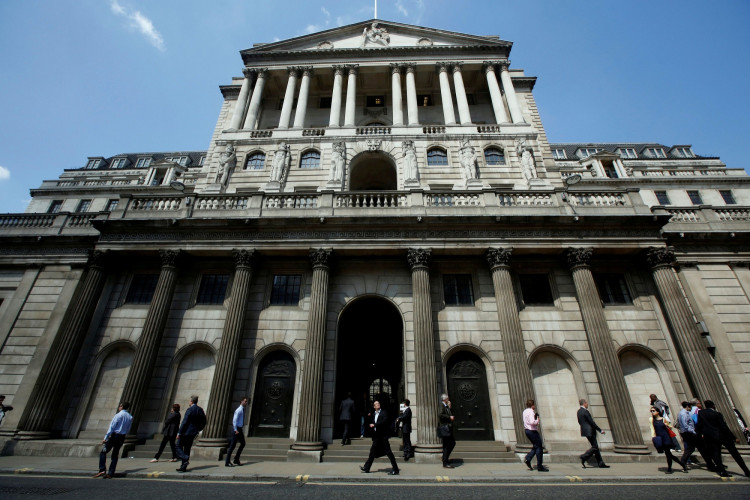Following a series of recent data reflecting stubbornly high inflation, from unemployment to the Consumer Price Index (CPI), the Bank of England (BoE) opted for an aggressive rate hike.
On Thursday, June 22, the BoE announced a 50 basis point increase in the policy rate, raising it to 5%, the highest level since April 2008. This marks the 13th consecutive rate hike by the BoE, surpassing market expectations, with recent market pricing showing a roughly 60% chance of a 25 basis point rate hike.
In the statement released following the decision, BoE officials recognized the secondary effects of domestic price and wage development might take longer to dissipate. They also warned that recent data indicates inflation could be more persistent, given a tight labor market and robust demand.
BoE Governor Bailey commented on the recent data, indicating the need for further action to reduce inflation. While the economy has performed better than expected, inflation remains high and must be addressed. Bailey assured the public that the BoE does not seek to cause a recession, and will do everything in its power to reduce inflation. He believes that current wage growth is unsustainable, and both wages and prices must slow.
Following the rate hike announcement, market expectations of a continued aggressive rate hike from the BoE heated up. Traders currently expect an 80% chance of another 50 basis point hike in August, with rates reaching 6% later this year. The market predicts a 50% chance for rates to peak at 6.25%.
Out of nine members on the Monetary Policy Committee (MPC), seven voted in favor of the 50 basis point hike while two opposed, reflecting divergence within the central bank.
The dissenting MPC members emphasized the lagging effects of past rate hikes, which have yet to fully manifest. They expect that the current rate settings could bring inflation down to below target levels in the medium term.
The shocking inflation data released Wednesday prompted the BoE's more severe action than expected, according to Richard Carter, the fixed-rate research director at Quilter Cheviot. He expects the BoE to continue to put the brakes on the economy until inflation begins to drop to more appropriate levels, resulting in the UK facing a conflict between rising interest rates and the economy.
The UK's CPI inflation in May was consistent with April's growth rate of 8.7%, with core CPI inflation rising from 6.8% to 7.1%, hitting a new high since March 1992. The data showed that inflation persistence was much stronger than expected.
After the BoE's rate hike, the yield on British government bonds showed divergent performance.
Despite an initial short-term rise against the dollar after the interest rate announcement, the pound quickly reversed and fell. Analysts believe that the rise in short-term U.S. bond yields is partly due to the unexpected rate hike by the central bank, while the fall in long-term U.S. bond yields is due to investors betting that the tightening cycle will lead to an economic slowdown. The pound was hit by an increased chance of economic recession.
Analysts believe that unless the UK's economy sees structural improvements, we will continue to see rising interest rates, sticky high inflation, and sluggish economic growth. In the long run, this will inevitably lead to a weaker pound.






